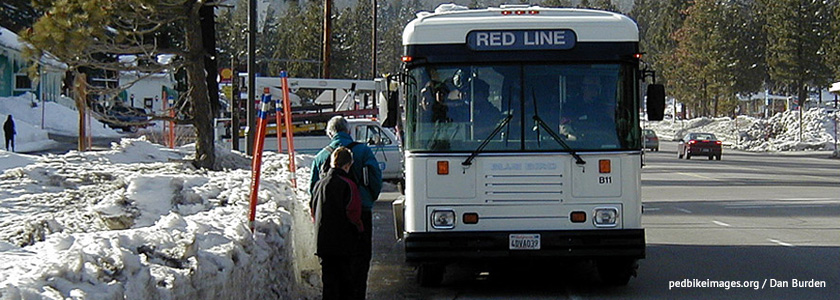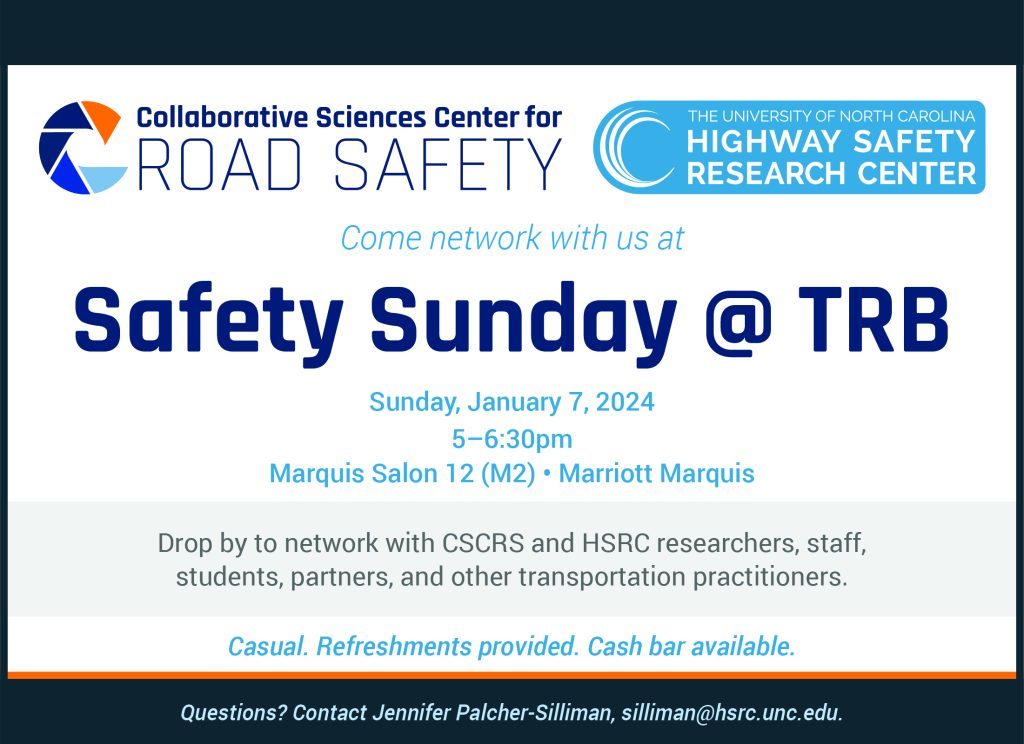You’re invited to Safety Sunday @ TRB
Headed to the Transportation Research Board (TRB) 103rd Annual Meeting in Washington, DC? Please join CSCRS for our Safety Sunday @ TRB reception on Sunday evening as we welcome diverse entities to network and discuss critical themes in transportation safety research and practice. The details on Safety Sunday:
- Date: Sunday, January 7, 2024
- Time: 5 – 6:30 p.m. Eastern time
- Location: Marquis Salon 12 (M2), Marriott Marquis (901 Massachusetts Ave NW, Washington, DC 20001)
- Description: Drop by to network with CSCRS and HSRC researchers, staff, students, partners, and other transportation practitioners. Refreshments provided, and a cash bar will be available.
CSCRS quick reference: Want to know where and when you can learn more about integrating Safe System principles into road safety while at TRB? This list shows all CSCRS TRB sessions, including workshops, lectern sessions, and posters, that cover the gamut of Safe System topics.
Two TRB workshops explore different aspects of safety for those who walk and bike
CSCRS is participating in two workshops addressing pedestrian and bicycle safety at the TRB Annual Meeting. Please join us on Sunday, January 7, 2024, 9:00 a.m. – 12:00 p.m., for one of these workshops:
- Workshop Title: International Innovations to Improve Pedestrian Safety on Urban Arterials
Location: Room 102B, Walter E. Washington Convention Center
801 Mt. Vernon Place NW, Washington DC, 20001
Description: What can we learn from international practices that improve pedestrian safety on urban arterials? How can we apply these approaches in the U.S.? What are our challenges and opportunities? In this workshop, we will take a deep dive into three core Safe System approaches: integrating land use in roadway design, such as the Movement and Place framework; institutionalizing road safety audits; and managing speeds on urban arterials. - Workshop Title: Bicycle and Pedestrian Data Fusion: Learning from Each Other
Location: Room 150B, Walter E. Washington Convention Center
801 Mt. Vernon Place NW, Washington DC, 20001
Description: Bicycle and pedestrian counts are foundational for monitoring active travel on a network. However, counts are only available at select locations, leaving volumes on most of the network unknown. Emerging data sources combined with traditional counts may improve network-wide estimation, but questions remain about quality, accuracy, and management and methods to be used for estimating volumes. This workshop will examine data quality and management, explore data fusion, and discuss future needs.
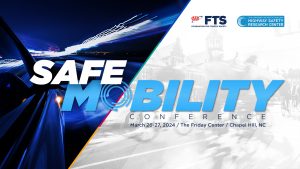 Registration is now open for the 2024 Safe Mobility Conference
Registration is now open for the 2024 Safe Mobility Conference
CSCRS, led by the University of North Carolina (UNC) Highway Safety Research Center (HSRC), and our collaborators at the AAA Foundation for Traffic Safety are pleased to announce that registration is now open for the 2024 Safe Mobility Conference. Register today to gain access to the following:
- Three unique, interactive workshops on applying AcciMapping, amplifying victims’ voices, and examining the relationship between vehicle automation and safe mobility.
- Three plenary sessions from leaders on various aspects of safe mobility.
- Eight technical sessions featuring experts in topics such as the Safe System approach, traffic safety culture, and more.
- An opportunity to hear poster presentations from graduate students about their on-going studies.
- A networking event with like-minded peers in various industries, with great food, drinks, and conversation included.
Here’s what you need to know:
- The Safe Mobility Conference will be held March 26-27, 2024, at The Friday Conference Center in Chapel Hill, NC.
- Registration will remain open until Friday, March 1, 2024.
- Registration costs are as follows:
- Standard Registration – $299
- AAA, Inc./AAA Club Registration – $249 (check the conference websites for information on accessing this rate)
- Student Registration – $99
- The agenda is available here.
- Other details including lodging suggestions, FAQs, and information on the student poster competition (see below) are available on the conference website.
Poster opportunity for graduate students to highlight safe transportation-related research, capstone, and community projects, win cash prizes
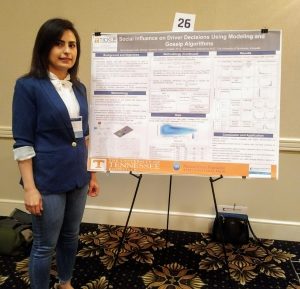 Graduate students are invited to showcase safe transportation-related research, capstone, and community projects as poster presentations at the 2024 Safe Mobility Conference in Chapel Hill, NC. Accepted poster presenters will have the opportunity to connect with attendees from industry, academia, government, and advocacy organizations at the conference, and will be competing for prizes. All students who register at the $99 student rate to attend the 2024 Safety Mobility Conference are invited to submit a poster abstract via registration by the deadline of January 22, 2024. Learn more about the competition.
Graduate students are invited to showcase safe transportation-related research, capstone, and community projects as poster presentations at the 2024 Safe Mobility Conference in Chapel Hill, NC. Accepted poster presenters will have the opportunity to connect with attendees from industry, academia, government, and advocacy organizations at the conference, and will be competing for prizes. All students who register at the $99 student rate to attend the 2024 Safety Mobility Conference are invited to submit a poster abstract via registration by the deadline of January 22, 2024. Learn more about the competition.
Congratulations to 2023 CSCRS Student of the Year, Joe Beck
CSCRS is proud to announce Joe Beck, a University of Tennessee-Knoxville mechanical engineering doctoral student, as its 2023 Outstanding Student of the Year. Beck will be honored on Saturday, January 6, 2024, during the Council of University Transportation Centers (CUTC) Awards Banquet. Read more about Joe.
Highlighting recent CSCRS student accomplishments
CSCRS students have been busy and recognized for a variety of research-related activities:
- HSRC hosted a student-led research presentation on October 26, 2023. The session, “Critical climate impacts on transportation: NC student researchers explore climate change, transportation resiliency and safety,” featured student researchers including Kimmy Hansen, a master’s student in UNC’s Department of City & Regional Planning, a CSCRS consortium partner.
- University of California, Berkeley CSCRS Road Safety Fellow Meiqing Li submitted her final research report “Cross-Country Comparison of Micromobility Safety, Built Environment and User Behavior” in May 2023.
- Bhavna Singichetti graduated from UNC with her Ph.D. in public health focused on transportation safety; her dissertation, “Characteristics of Initial and Repeat Alcohol Driving While Impaired (Alcohol-DWI) License Suspensions and Impacts On Recidivism and Future Crash Events in North Carolina, 2007 – 2016,” was funded through CSCRS. She then began a career at the Centers for Disease Control and Prevention, focusing on approaching transportation safety from a public health perspective.
- Florida Atlantic University student Jonathan Stiles published this May 2023 post on Streetsblog New York City: “Crash Data Shows Why NYC’s Truck Routes Need a Long Overdue Fix.”
Focus on CSCRS education and professional development
CSCRS continues to provide and participate in a variety of learning activities, including these key recent examples:
- CSCRS researcher Seth LaJeunesse, HSRC, shared statistics and discussed the Vision Zero movement during an October 2023 virtual roundtable with GoTriangle and NC Vision Zero.
- CSCRS researcher Wes Kumfer, HSRC, presented at the September 2023 National Center for Rural Road Safety National Summit on Rural Road Safety on various safety topics.
- Wes Kumfer and Elyse Keefe, UNC’s Injury Prevention Research Center (IPRC), co-presented during the August 2023 Road to Zero Coalition webinar “Building Coalitions and Learning from Peers to Achieve Vision Zero.”
- In June 2023, several CSCRS researchers presented at the third annual NC Vision Zero Leadership Institute, which was hosted at UNC in Chapel Hill, NC. The Institute is a training opportunity for North Carolina communities with Vision Zero initiatives, or those who are considering the adoption of the initiative.
Other CSCRS highlights
A quick rundown of additional recent CSCRS activities:
- Julia Griswold was named the new director of UCB’s Safe Transportation Research and Education Center (SafeTREC) in November 2023.
- In December 2023, CSCRS posted several new key reports focusing on tools and applications for strengthening Safe Systems and Vision Zero efforts on its Creating Safer Systems and Healthier Communities: Resource Hub. (Reminder: The Resource Hub is often updated with resources that showcase how the Safe System approach and Vision Zero can be applied to real-world scenarios.)
- CSCRS researcher Seth LaJeunesse, HSRC, teamed up with colleagues from the AAA Foundation for Traffic Safety, Johns Hopkins Bloomberg School of Public Health, and UNC Hussman School of Journalism and Media on “A Safe System Guide for Transportation: Sharing this Approach to Lead Your Community to Action” released in November 2023. This report provides guidance on how to frame Safe System interventions and policies with the public.
- CSCRS Director Laura Sandt and researcher Katie Harmon, both with HSRC, were part of the team who worked on the “2023 North Carolina State Health Improvement Plan,” released in October 2023, which identified best practices for North Carolina communities to improve health.
- Several CSCRS researchers and partners contributed to the “E-Scooter Safety Toolbox” released in September 2023 by the National Academies. (Link requires login.)
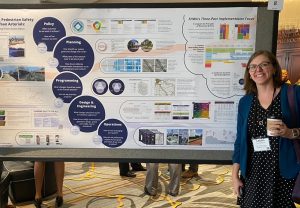
Poster presentation of “Improving Pedestrian Safety on Urban Arterials”
- CSCRS Co-Director Laura Sandt worked with multiple partners to release findings from the June 2023 Federal Highway Administration (FHWA) report “Improving Pedestrian Safety on Urban Arterials: Learning from Australasia,” which came out of the agency’s Fall 2022 Global Benchmarking Program tour of Australia and New Zealand. CSCRS partner the Pedestrian and Bicycle Information Center hosted a series of webinars outlining findings from the report.
- Laura Sandt attended the August 2023 Executive Networking Conference hosted by the National Institute of Minority Economic Development in Pinehurst, NC.
- In 2023, CSCRS researcher Seth LaJeunesse collaborated with partners at the UNC Center for Health Promotion and Disease Prevention’s Food, Fitness and Opportunity Research Collaborative, Habitat for Humanity of Orange County, and Mobycon, for the Communities on the Move program. Launched in 2018, the program is designed to encourage higher levels of physical activity through active transportation and fostering community members’ ability to shape their local environment through combined expertise in research, city planning, and pedestrian safety.
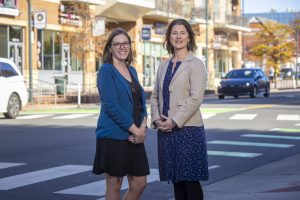
Laura Sandt and Caroline Mozingo
Sandt and Mozingo named co-directors of HSRC
In November 2023 it was announced that CSCRS Director Laura Sandt and Caroline Mozingo were named permanent co-directors of HSRC. Their appointments represent the fifth leadership change in HSRC’s nearly 60 years of operation, and the co-director structure is a first of its kind for the Center. Sandt and Mozingo have joined forces to lead HSRC efforts to improve the safety, sustainability, and efficiency of all surface roadway transportation modes. Read the announcement.
Stay in touch
CSCRS is headquartered at HSRC. To stay up to date on HSRC’s work, including in the area of Safe System research, sign up for updates and announcements on the HSRC home page.
CSCRS Crossroads newsletters are archived here.



